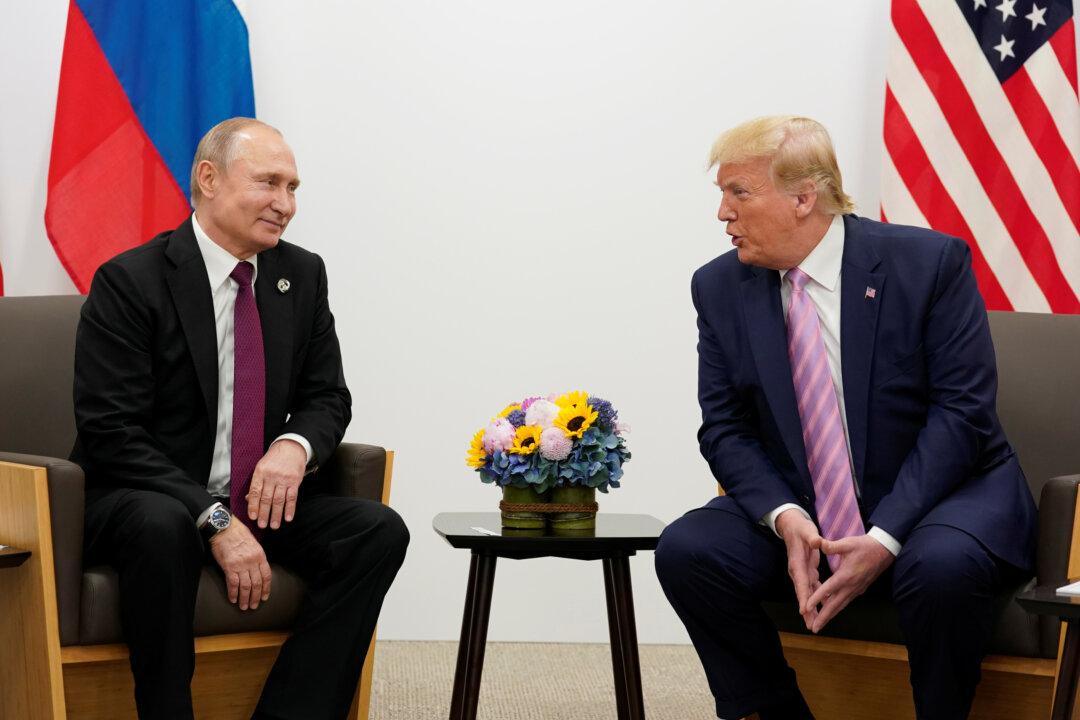The Kremlin has warned that Russia’s relations with the United States are on the brink of collapse, insisting that all of Russian President Vladimir Putin’s conditions must be met before peace negotiations on Ukraine can proceed, suggesting Moscow is taking a hardline approach as President Donald Trump continues efforts to broker a peace deal.
Deputy Foreign Minister Sergei Ryabkov, a key figure in Russia’s diplomatic engagement with Washington, told a Feb. 10 press conference in Moscow that the Kremlin is not willing to compromise, reiterating that there can be no settlement in Ukraine without full compliance with Putin’s demands.





